
Climate Change Mitigation
Renewable energy plays a crucial role in mitigating climate change by reducing greenhouse gas emissions and decreasing our reliance on fossil fuels. Here’s how renewable […]

Renewable energy plays a crucial role in mitigating climate change by reducing greenhouse gas emissions and decreasing our reliance on fossil fuels. Here’s how renewable […]
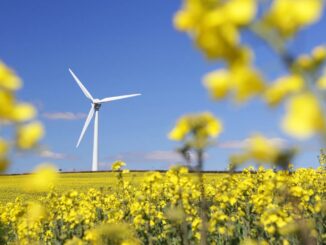
The pros of renewable energy highlight its potential to provide sustainable, clean, and reliable energy while promoting economic growth, improving public health, and enhancing energy […]
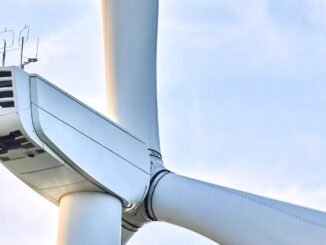
Reduced Greenhouse Gas Emissions: Renewable energy sources produce little to no greenhouse gas emissions compared to fossil fuels, helping to mitigate climate change. Low Air […]
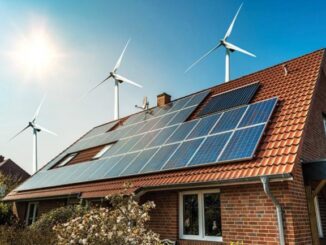
The efficiency of renewable energy technologies varies widely based on the specific technology and application. Hydropower and wind energy tend to have the highest efficiencies […]
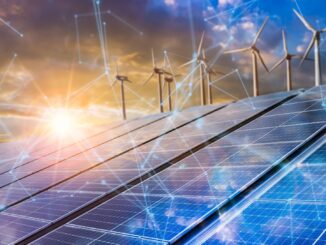
The most common ways to harness renewable energy involve technologies that capture energy from natural sources like the sun, wind, water, and biomass. Here are […]

Determining the “best” source of renewable energy depends on various factors, including location, resource availability, economic considerations, environmental impact, and technological development. Here are some […]
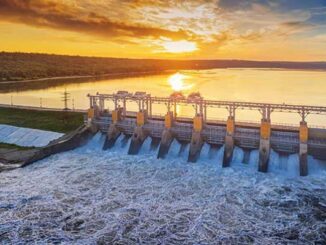
The most common form of renewable energy varies by region, but globally, hydropower is currently the most widely used renewable energy source. Here’s a brief […]
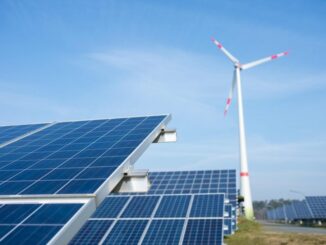
The primary difference between renewable and nonrenewable energy sources lies in their availability and impact on the environment. Here’s a detailed comparison: Renewable Energy – […]
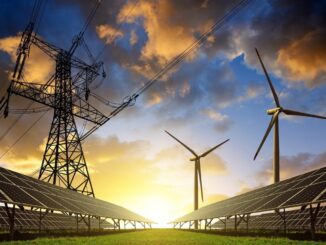
Renewable energy refers to energy that is derived from resources which are naturally replenished on a human timescale. The main types of renewable energy include: […]
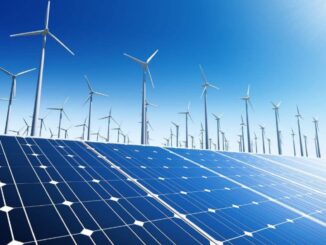
Renewable energy is energy derived from natural sources that are replenished at a faster rate than they are consumed. The main types of renewable energy […]
Copyright © 2024 | WordPress Theme by MH Themes